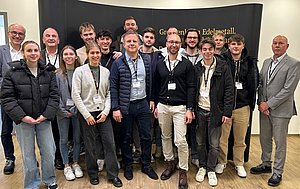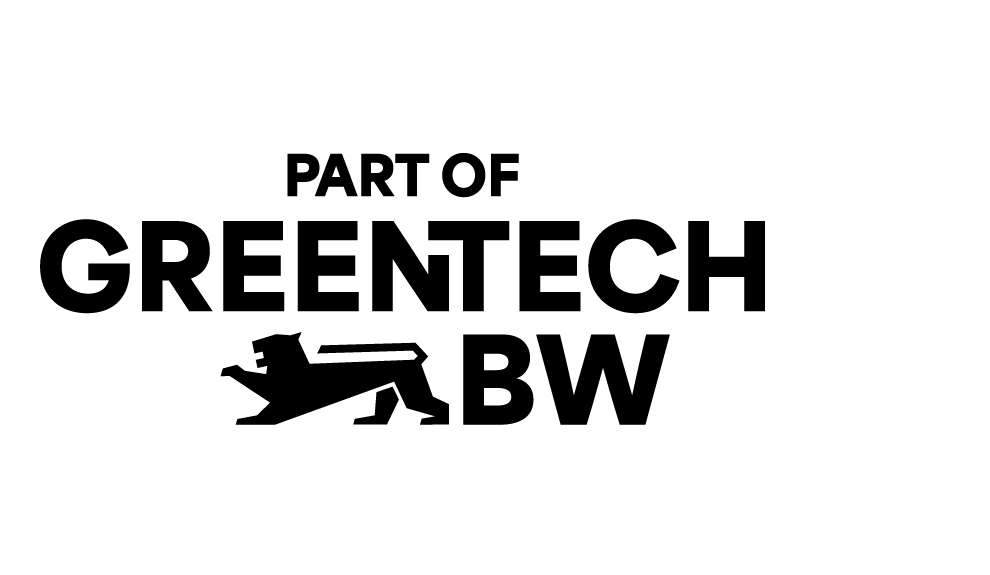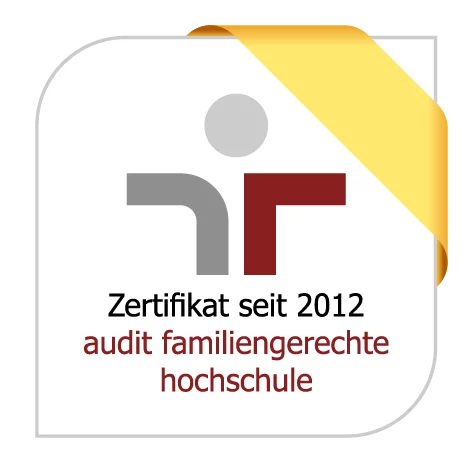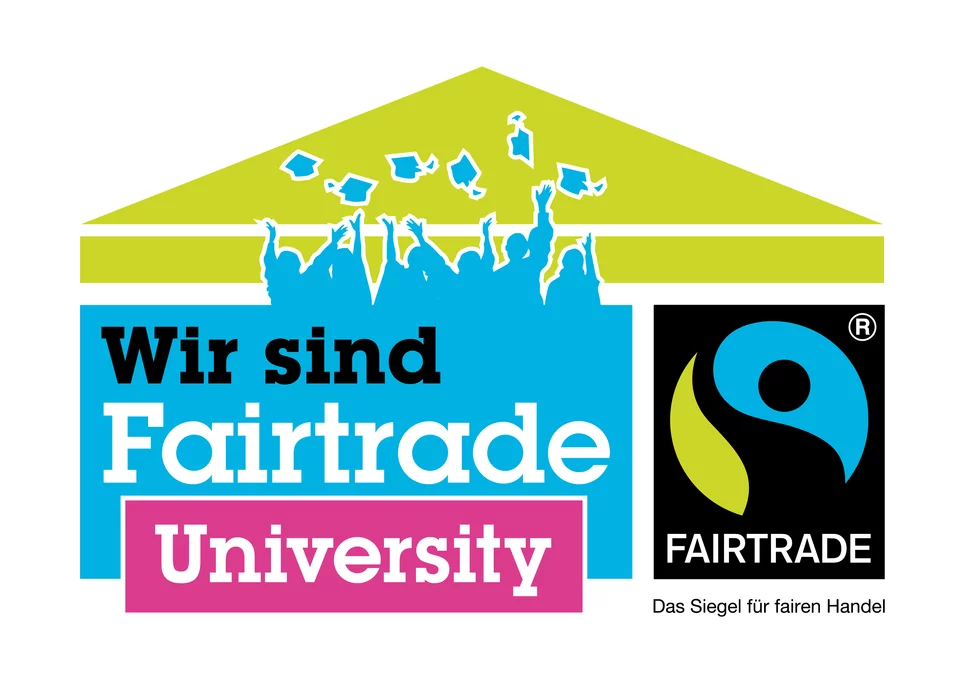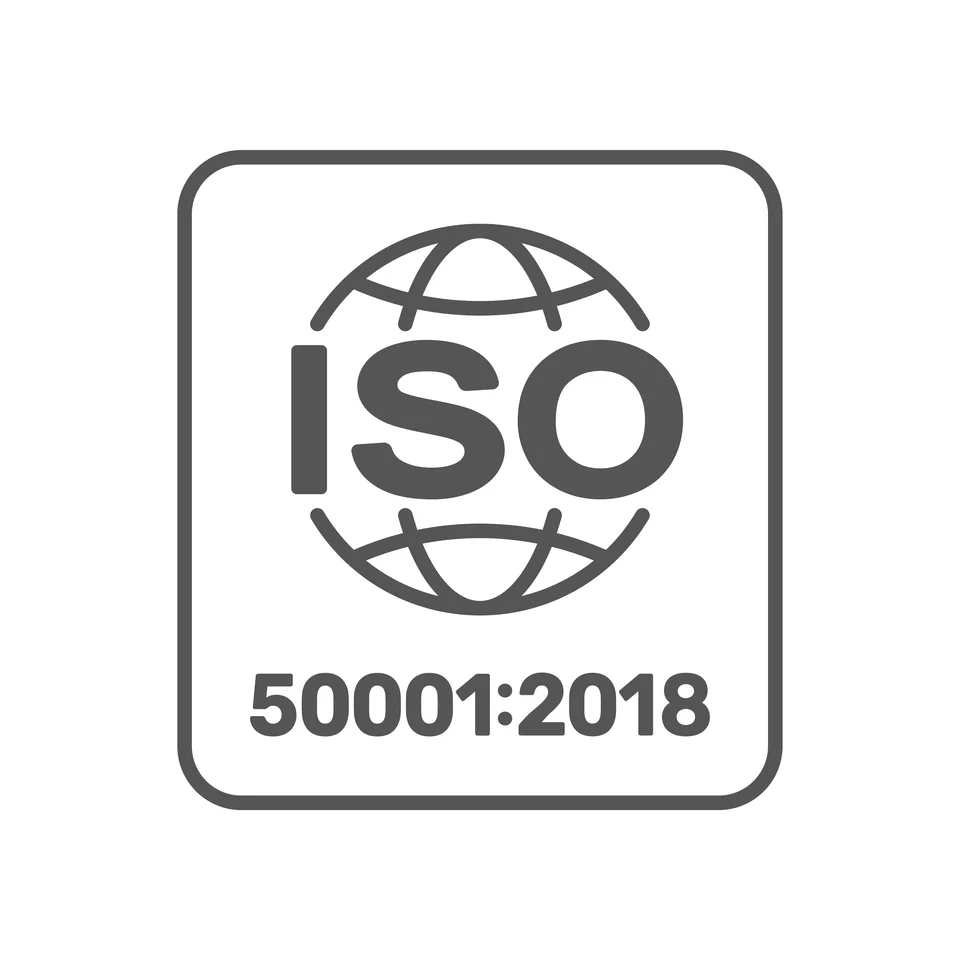The Institute for Industrial Ecology (INEC) is a research institute at Pforzheim University that was founded in 2010. The interdisciplinary team at INEC focuses on the analysis of energy and material flows between the technosphere and the ecosphere. The goal is the efficient use of scarce resources through the ecological and economic optimization of product life cycles and operational production processes.
Why Industrial Ecology?
Sustainability is a nice set phrase – in politics and business. But how can it be put into practice? Industrial Ecology is an approach, which comes up in this context more and more often. Industrial Ecology is concerned mainly with the material metabolism of the techno sphere and the ecosphere. In technical processes in the economy, it comes to the exchange and transformation of energy and materials: the extraction of raw materials, their processing into products, the required energy and the waste or emissions that are released into the environment. The ecological impact of human action on the one hand is conveyed by emissions, but also by the resources limitation which is a key motivation for sustainable development. The Industrial Ecology analyzes energy and material flows between the techno sphere and ecosphere.
Of course there is also the question of how to have an influence on these material systems, eg by political or economic control processes. This can be done at the national or international level, but also at the operational level, when it comes to the efficient use of scarce and expensive resources. Main target group is therefore the economy. This also implies the consideration of economic factors and the control of these economic systems, eg in the management of companies. An essential starting point is the efficiency of technical systems, the question is, how in the energy and material use the greatest possible benefit can be gained. A typical method of industrial ecology is the Life Cycle Assessment, energy and material flow analysis and dynamic modeling such as with System Dynamics.
Precisely these issues have tradition at Pforzheim University. In the mid-1990s, Pforzheim was the first university in Germany which established and published its own environmental footprint. Since 2000, at the Institute for Applied Research (IAF), there existed a team that called itself "working group material flow and resource management". This team formed the basis for the Institute for Industrial Ecology, founded in 2010. On the site “team” you can find the professors and the academic staff currently working at the Institute.
The Institute is involved in numerous research projects funded by third parties such as the BMBF and the state of Baden-Wuerttemberg. There are both cooperation with major corporations as well as small and medium sized enterprises (SMEs), in which a variety of consulting projects was successful. There is close cooperation with research groups from other institutions such as the University of Lueneburg, the KIT or the TU Braunschweig. The results are included in the development of professional tools and software, which are internationally applicable. At Pforzheim University the research results are also interlaced in the training of economists specializing in resource efficiency management.
Contact
Follow us on LinkedIn.




